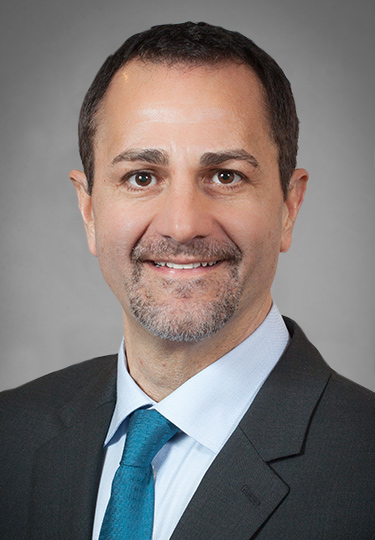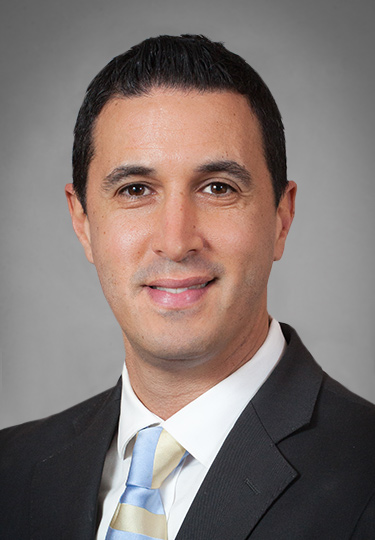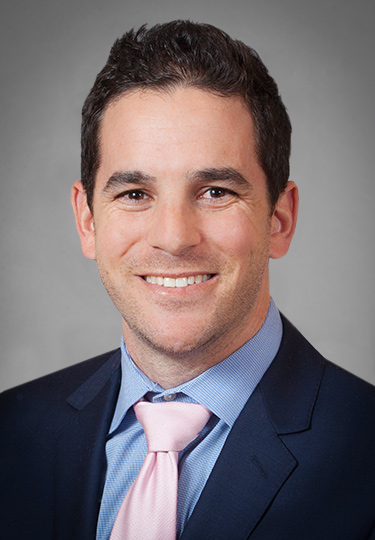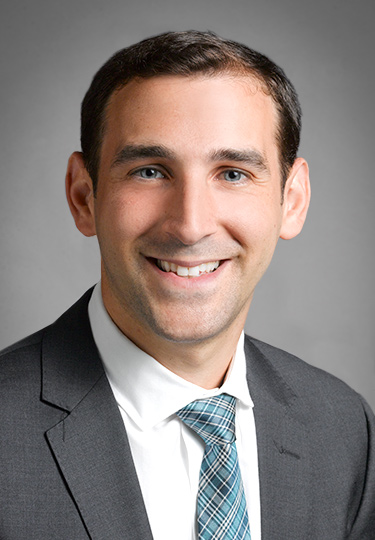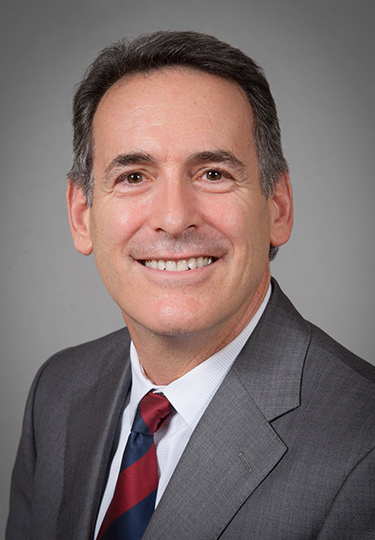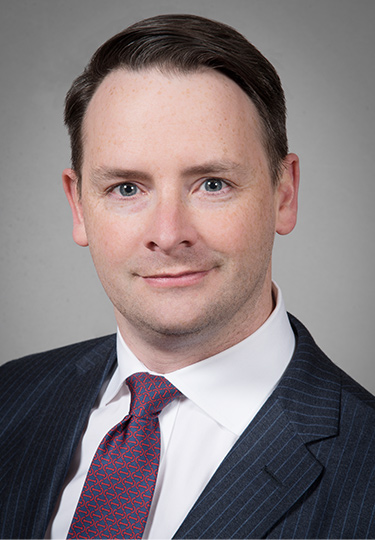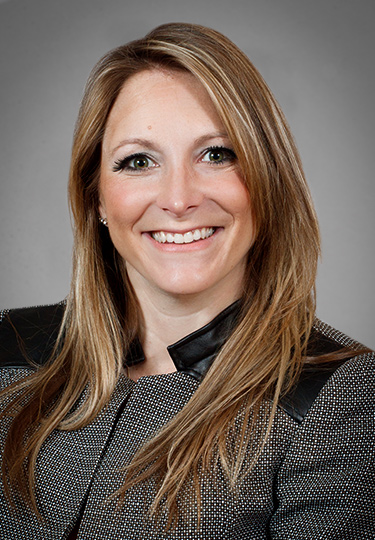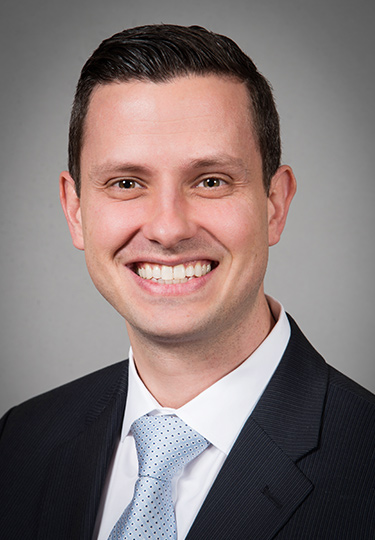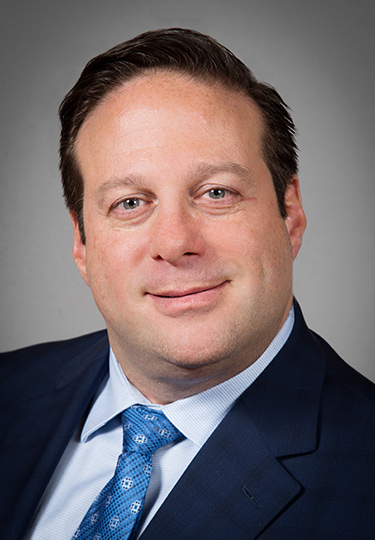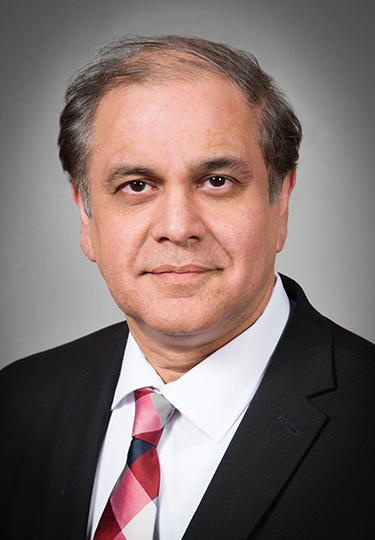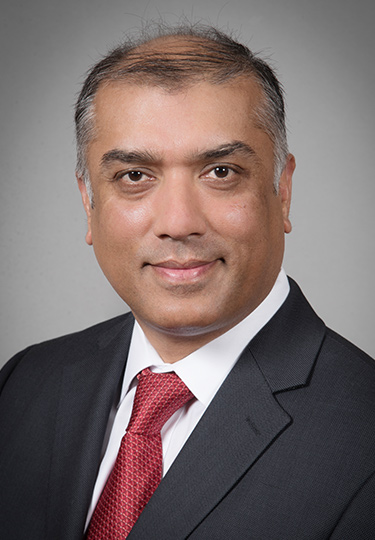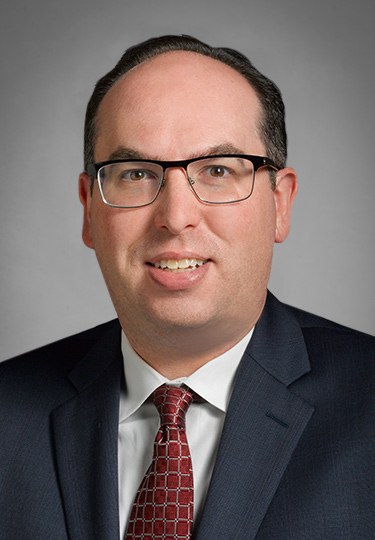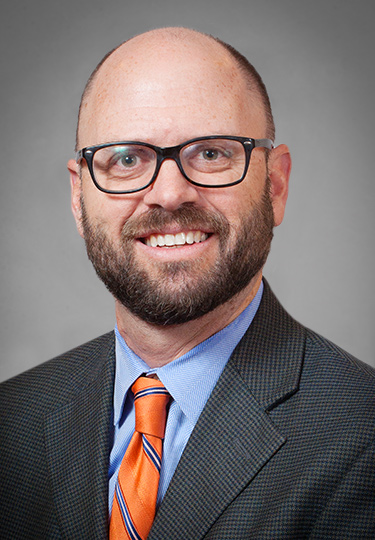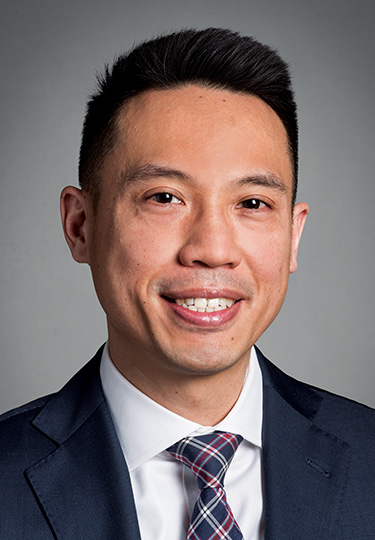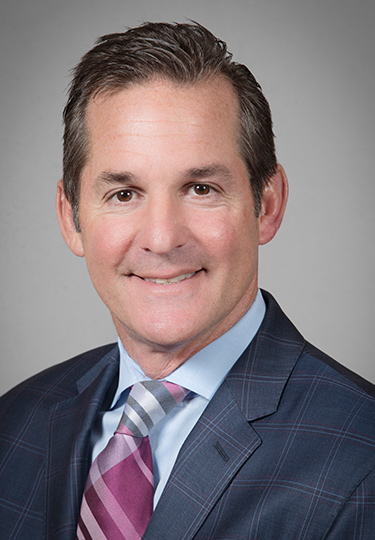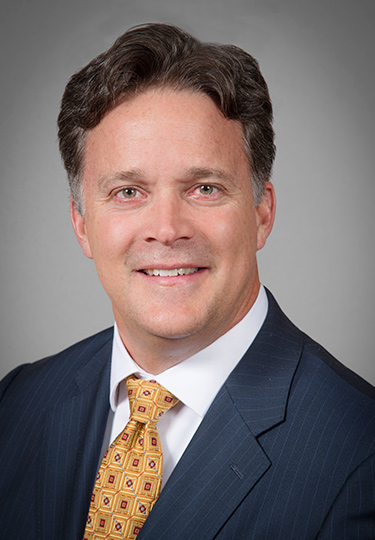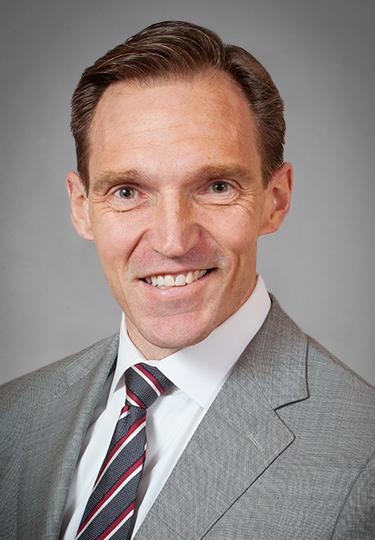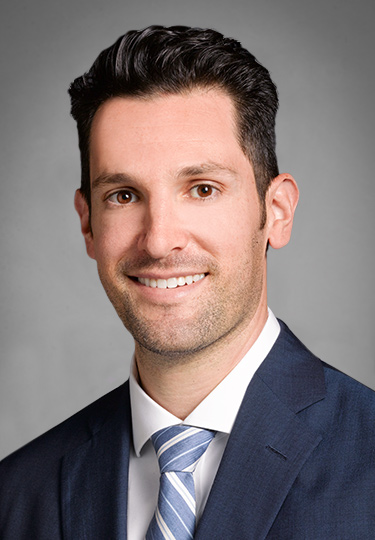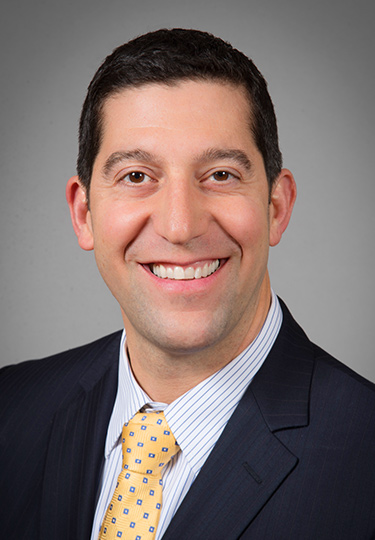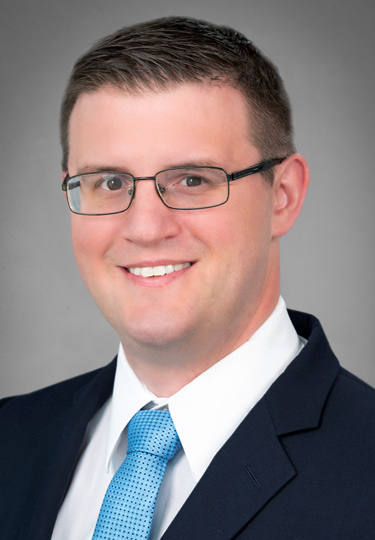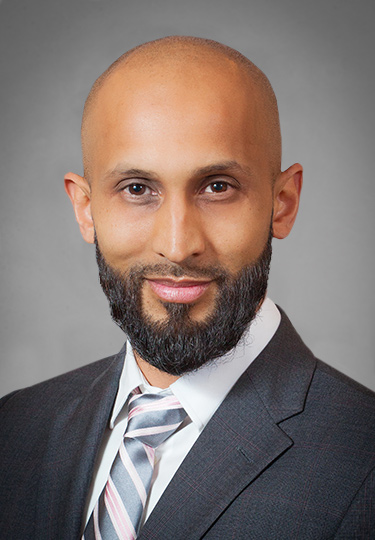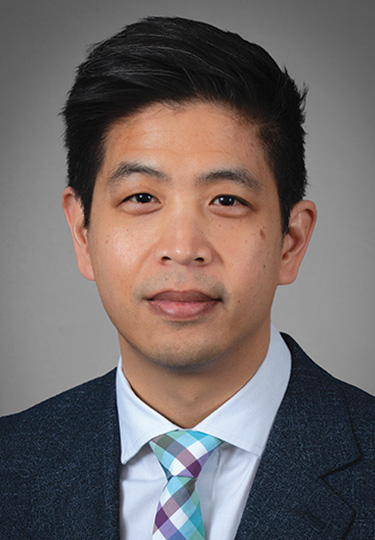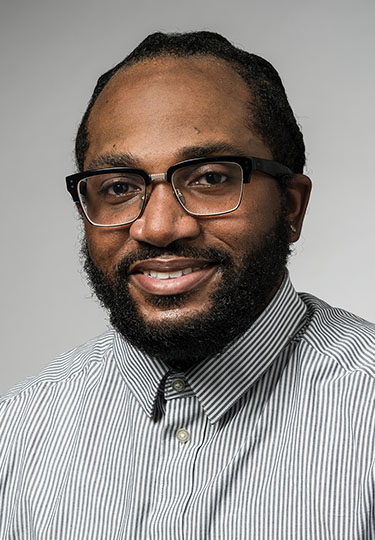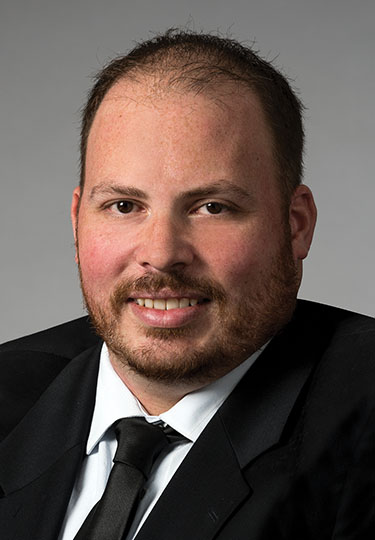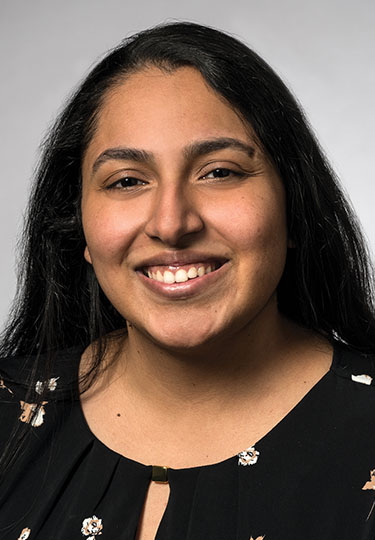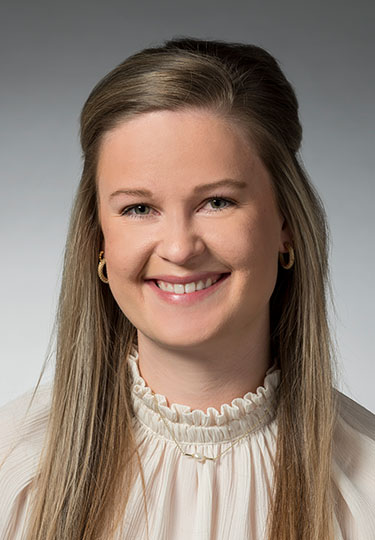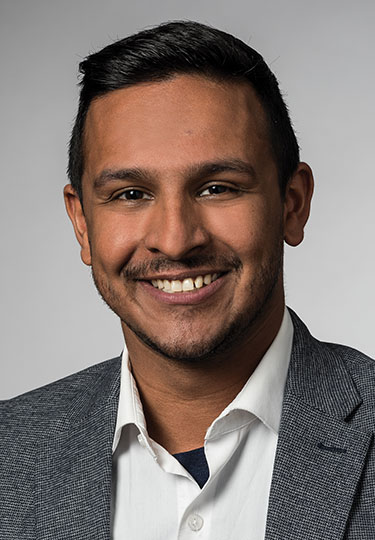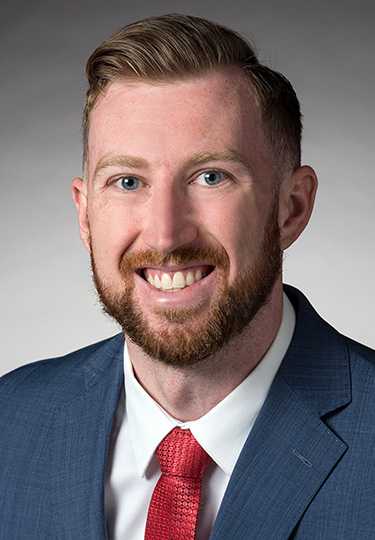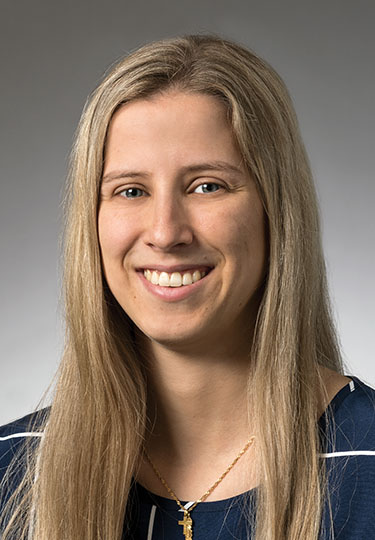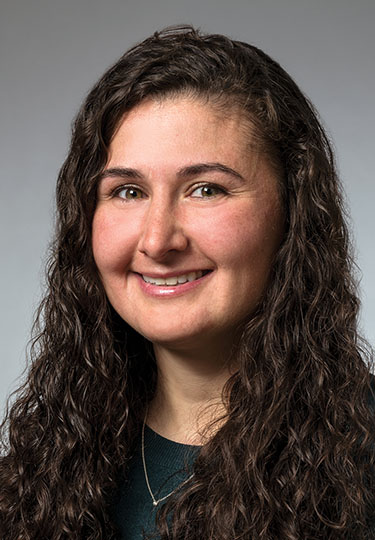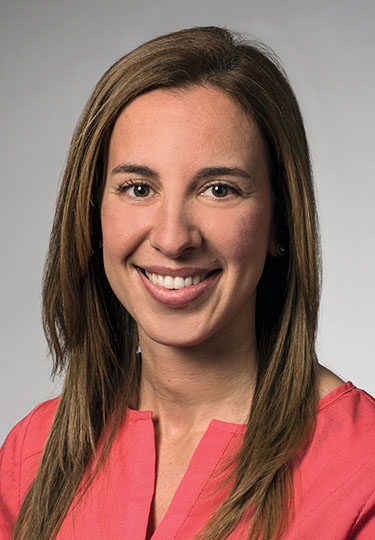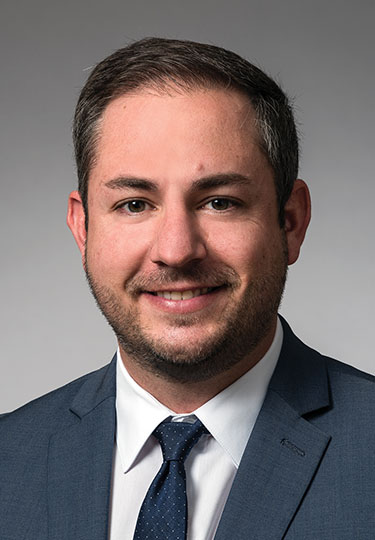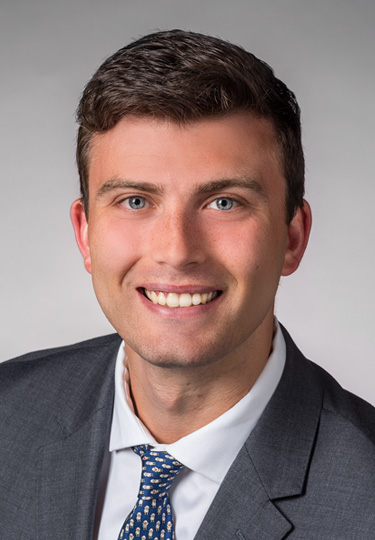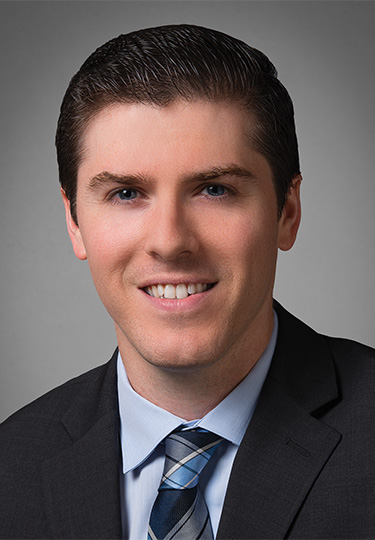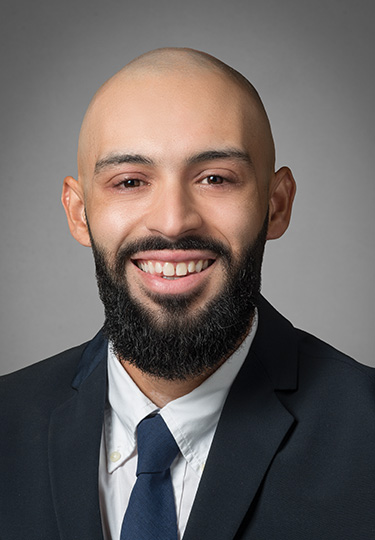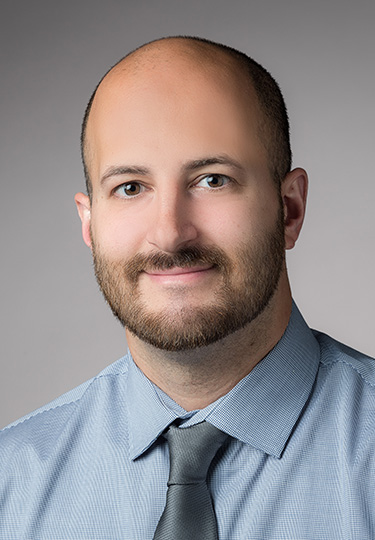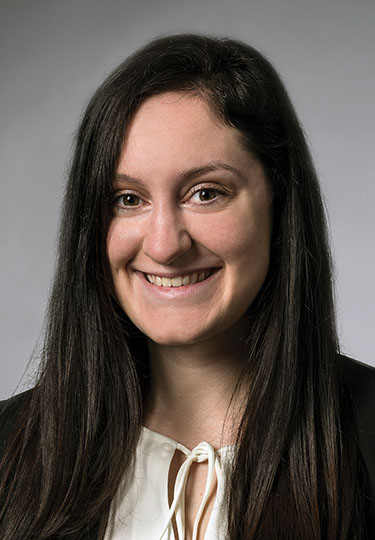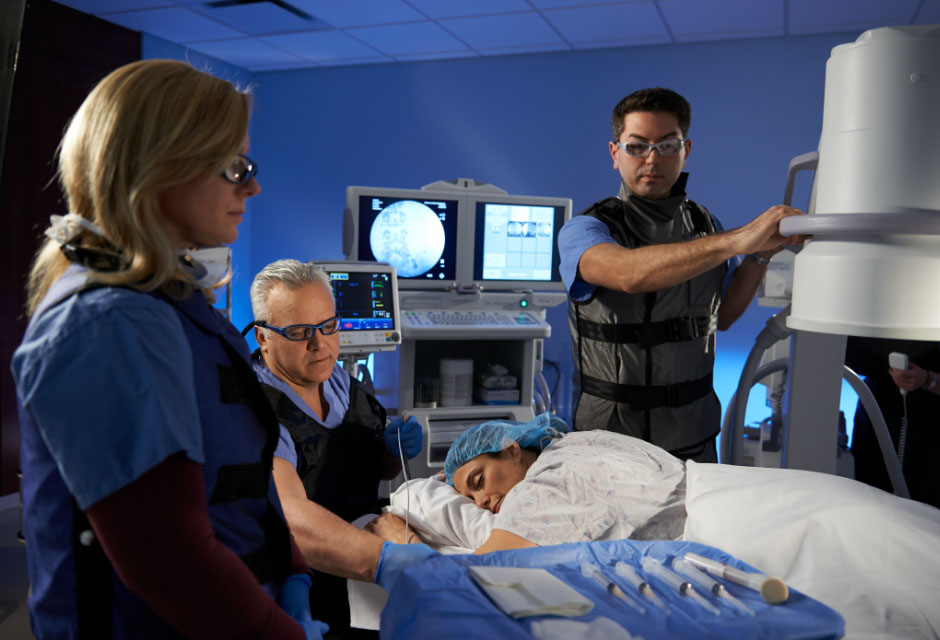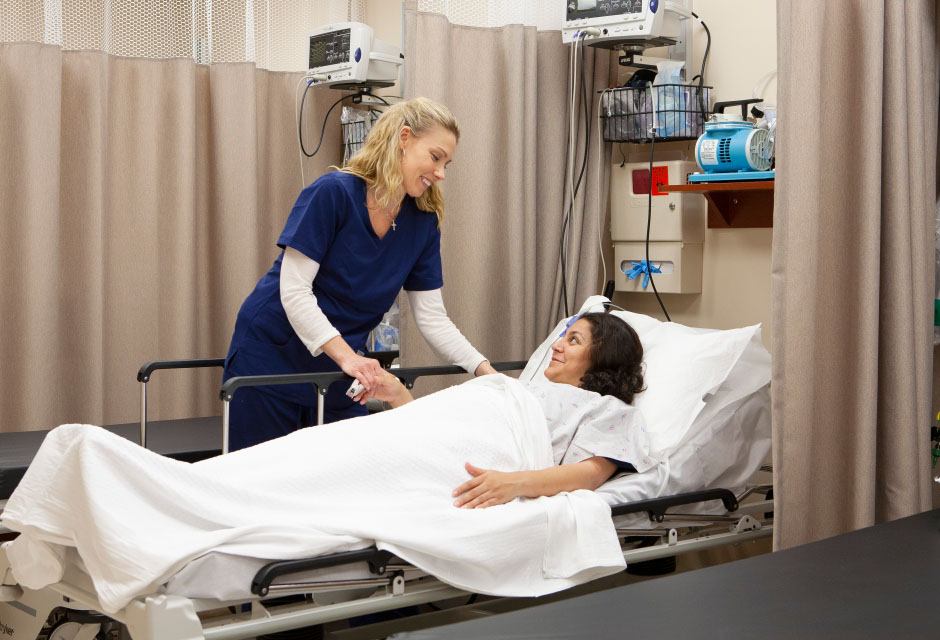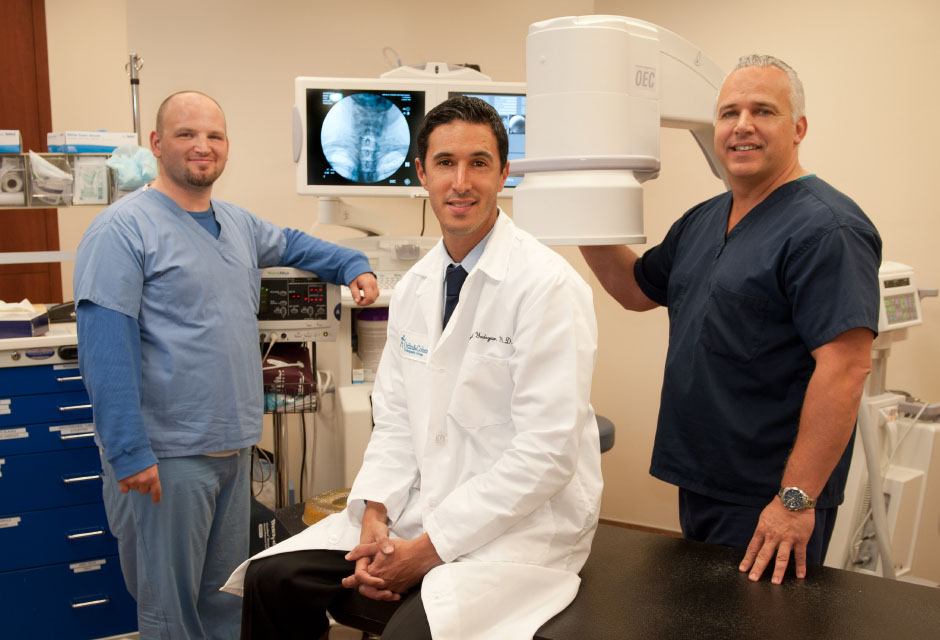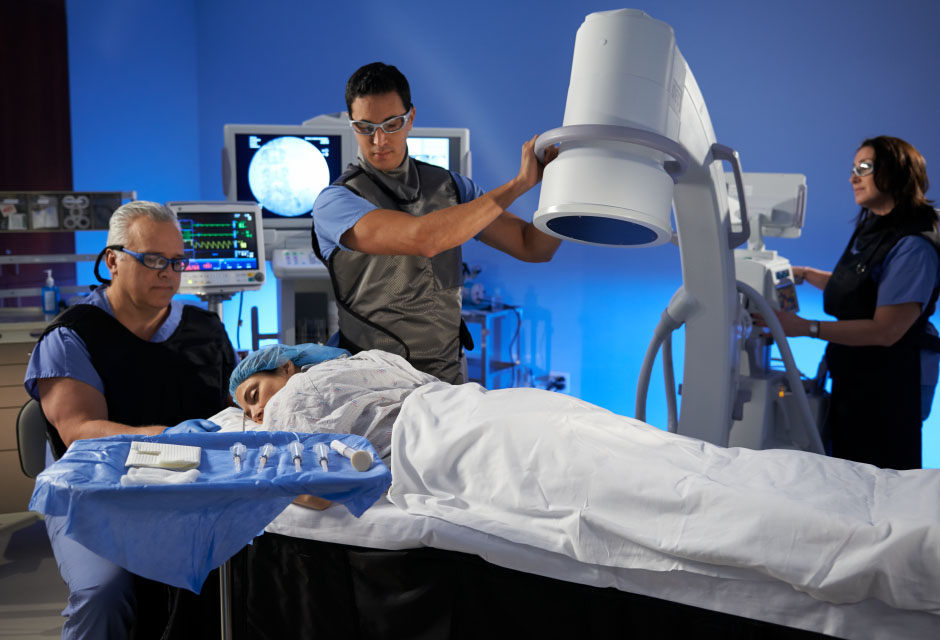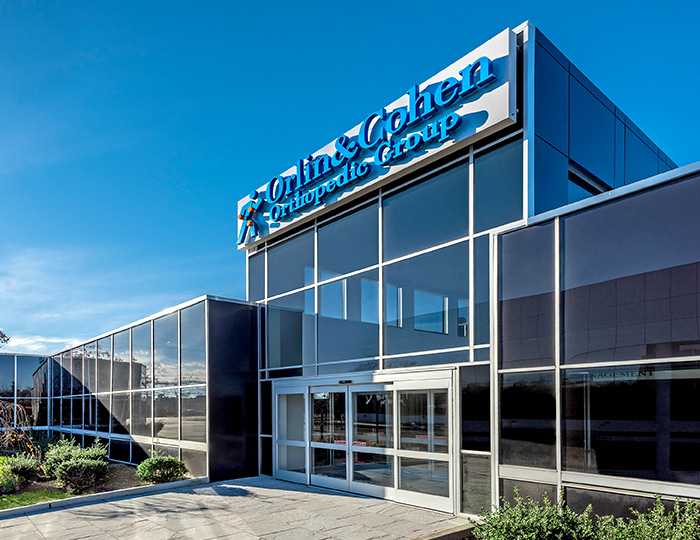
P: 516-536-2800
F: 516-838-8595
HOURS
Monday: 8:00am - 7:00pm
Tuesday: 8:30am - 8:00pm
Wednesday: 8:00am - 7:00pm
Thursday: 8:00am - 8:00pm
Friday: 8:00am - 5:00pm
Saturday: Closed
Sunday: Closed
On-Site Wi-Fi Available
Our Entrance is On the East Side of Building
Office Doctors
P: 516-838-8600
F: 516-838-8777
HOURS
Monday: 6:30am-10:00pm
Tuesday: 6:30am-10:00pm
Wednesday: 6:30am-10:00pm
Thursday: 6:30am-10:00pm
Friday: 6:30am-4:00pm
Saturday: 8:30am-5:00pm
Sunday: 8:30am-5:00pm
On-Site Wi-Fi Available
Our Entrance is On the East Side of Building
Orthopedic MRI
Superior to many other techniques, MRI has proven invaluable for diagnosing many knee, hip, spine and neck conditions, enabling doctors to see musculoskeletal structures that may not be visible by other methods. Orlin & Cohen has American College of Radiology-accredited MRI imaging facilities with the latest technology, including:
- High-Resolution Short-Bore MRI
- High-Field Wide and Short-Bore MRIs
- Open MRI
- Extremity MRI
- Seated Extremity MRI
- Advanced High Field Open MRI
Our MRI machines provide superior image quality for the most accurate diagnosis possible. Orlin & Cohen’s state-of-the-art technology maximizes your comfort, too, with specialized equipment that reduces scan times and covers as little of your body as possible to minimize claustrophobic feelings.
How to Prepare for an MRI
MRI scans involve minimal prep and no fasting. Since MRIs use powerful magnets, you should:
- Avoid clothing that contains metal, like snaps, buttons, zippers, or other fasteners
- Remove jewelry, glasses, watches, and hearing aids before the exam
- Leave coins, keys, credit cards, cell phones, and anything else that is magnetic or may contain metal in one of our secure changing rooms
If you wear a cardiac pacemaker or have metal inside your body, like metal plates, wires, screws, or rods, speak with your doctor about whether an MRI is right for you.
Diagnostic MRI FAQs
How long does an MRI take?
How long an MRI takes can vary, but the average is about a half hour. However, MRIs of certain long bones, contrast-enhanced studies, and arthrograms of certain joints can take approximately one hour.
What does an MRI show?
An MRI enables doctors to see body structures—including bones, soft tissue, muscles, ligaments, and tendons that may not be visible by other methods.
What is an MRI used for?
An MRI has proven valuable for diagnosing many joint, spine, neck, and musculoskeletal disorders.
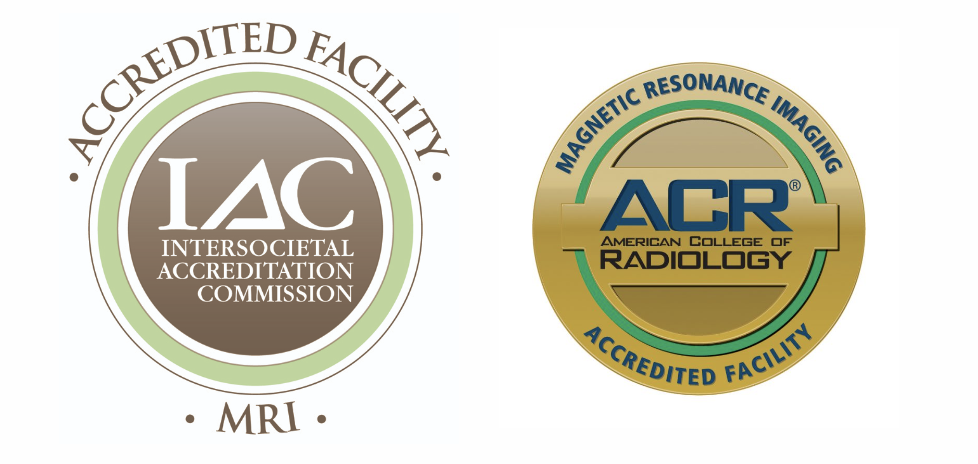
Office Doctors
P: 516-838-8600
F: 516-838-8777
HOURS
Monday: 8:00am-4:00pm
Tuesday: Closed
Wednesday: 10:00am-6:00pm
Thursday: 8:00am-4:00pm
Friday: Closed
Saturday: Closed
Sunday: Closed
On-Site Wi-Fi Available
Our Entrance is On the East Side of Building
CT Scan for Orthopedic Injuries
Orlin & Cohen has state-of-the-art CT scanner technology to provide a more detailed image of your bones, blood vessels, and soft tissue than an X-ray alone. A CT scan enables the specialists at Orlin & Cohen to study the inner workings of your body to help speed diagnosis, assist with procedures or surgery, or confirm the success of a recent procedure or surgery. CT scans are painless, and with the newer machines, the scans only take 20 minutes.
Simulate CT™
The Only Option for a Seated Weight-bearing CT (WBCT) Scan
Orlin & Cohen is proud to provide its patients with the latest innovation in imaging technology, Simulate CT. This breakthrough system allows patients to have CT scans completed in seated, load-bearing positions, providing doctors with a detailed image of how the musculoskeletal system performs under pressure, which can help doctors diagnose, monitor, and treat many orthopedic conditions.
Weight-bearing CT scans are particularly helpful in diagnosing foot, ankle, knee, and hip injuries and ailments, as they can help your specialist visualize joint mechanics in everyday positions.
In addition to advanced imaging benefits, the Simulate CT System offers superior patient comfort. It adjusts to suit patients of any height and weight, and the seated position offers stability throughout your scan.
How to prepare for a CT Scan
CT scans involve minimal prep and, in most cases, no fasting. You should:
- Wear comfortable, loose-fitting clothing
- Remove jewelry, hair pins, eyeglasses, and hearing aids
While CT scans don’t rely on powerful magnets like MRIs, metal objects and other removable accessories can affect your images, so it’s best to remove them whenever possible.
CT Scan FAQs
How long does a CT scan take?
The average time for a CT scan is approximately 10 minutes. However, if the CT is for surgical planning, like a hip or knee replacement, it may take around 15 or 20 minutes.
What is a CT scan used for?
An orthopedic CT scan provides an image of your bones, blood vessels, and soft tissue better than an X-ray alone. A CT scan can help speed up diagnosis, assist with procedures or surgery, or confirm the success of a recent procedure or surgery. We also use it to assist the prosthetic company with measurements needed for hip or knee replacements.
Where can I get an orthopedic or weight-bearing CT scan?
You can get an orthopedic or weight-bearing CT scan at Orlin & Cohen’s Garden City location.
Office Doctors
P: 516-838-8700
F: 516-838-8666
HOURS
Monday: 7:00am - 9:00pm
Tuesday: 7:00am - 9:00pm
Wednesday: 7:00am - 9:00pm
Thursday: 7:00am - 9:00pm
Friday: 7:00am - 7:30pm
Saturday: 8:00am - 1:00pm
Sunday: Closed
On-Site Wi-Fi Available
Our Entrance is On the East Side of Building
Orlin & Cohen’s Garden City office offers comprehensive physical therapy for musculoskeletal problems. Our licensed, experienced, and highly dedicated team designs and delivers a care plan tailored to your specific concerns to relieve your pain, so you can get back to your life as quickly as possible.
Physical Therapy
Certified and trained in the latest methods, your therapist uses their experience and the state-of-the-art technology to:
- Create a custom treatment plan to rehabilitate your injury, which may include therapeutic exercise, manual therapy, electric stimulation, muscle re-education, ultrasound, strength training and iontophoresis.
- Incorporate specialty treatments such as active release therapy, the Maitland approach, Graston therapy and Kinesio taping.
- Collaborate with your orthopedist to ensure that your treatment program is tailored to your body and your injury.
Office Physical Therapists
P: 516-838-8700 x1778
HOURS
Monday: 7:40am - 4:00pm
Tuesday: 8:00am - 9:00pm
Wednesday: 7:40am - 4:00pm
Thursday: 8:00am - 5:00pm
Friday: 8:00am - 7:00pm
Saturday: Closed
Sunday: Closed
On-Site Wi-Fi Available
Our Entrance is On the East Side of Building
Occupational Therapy
Orlin & Cohen’s state-licensed occupational therapists and certified hand therapists (CHT) work closely with our orthopedic hand specialists to create a customized occupational therapy and rehabilitation program for each patient.
We accept most major insurance plans.
Office Occupational Therapists
P: 516-536-2800
F: 516-838-8822
HOURS
Monday: 8:00am - 7:00pm
Tuesday: 8:00am - 7:00pm
Wednesday: 8:00am - 7:00pm
Thursday: 8:00am - 6:00pm
Friday: 8:00am - 4:00pm
Saturday: Closed
Sunday: Closed
On-Site Wi-Fi Available
Our Entrance is On the East Side of Building
Office Doctors
HOURS
Monday: Closed
Tuesday: Closed
Wednesday: Closed
Thursday: Closed
Friday: Closed
Saturday: Closed
Sunday: Closed
On-Site Wi-Fi Available
Our Entrance is On the East Side of Building
Procedural Suites
Orlin & Cohen’s state-of-the-art procedural suites let our fellowship-trained pain management specialists complete minimally invasive procedures and treatments right inside our offices. Our suites are equipped with X-ray and ultrasound for targeted treatment and more effective pain relief.
Epidural Steroid Injection (ESI)
Epidural steroid injections can ease pain and improve mobility. During the procedure, a small amount of corticosteroids is injected into the affected area, reducing inflammation and providing long-lasting relief. In our procedural suites, fellowship-trained specialists deliver treatment using X-ray guidance to administer medication precisely.
Epidural steroid injections are frequently used to treat many spinal conditions, including herniated discs, spinal stenosis, degenerative disc disease, sciatica, and spinal arthritis. It can also be used to alleviate pain in the shoulder, arms, legs, and neck.
The procedure takes between 5 to 10 minutes to complete. Anesthesia is not required, but it is an option for patients. Patients begin feeling relief between 2 days and 2 weeks.
Spinal Cord Stimulator
Spinal Cord Stimulators (SCS) are an increasingly common way to treat chronic back, neck, and leg pain. During the minimally-invasive procedure, a small device is implanted near the spinal cord and emits electrical stimulation that interrupts the transmission of pain signals to the brain.
Before implanting the device, patients complete a one-week trial, where a pain management specialist places a temporary system near the epidural space of the spine. The temporary device is placed on patients inside our procedural suites. If the trial is successful, patients can schedule an outpatient procedure where the SCS system is implanted beneath the skin. Learn more about the HFX Spinal Cord Stimulation treatment.
Radiofrequency Ablation
Radiofrequency ablation (RFA) is a breakthrough procedure treating back and neck pain, arthritis, nerve damage, and joint pain. During treatment, your pain management specialist uses targeted radio frequency waves to disable nerves from carrying pain signals to the brain. Inside our procedural suites, a fluoroscope or X-ray guides treatment to the exact location. While not considered a permanent solution, RFA lasts about six months and can be completed two times per year.
Kyphoplasty
Kyphoplasty is a minimally invasive procedure used to treat vertebral compression fractures, often caused by osteoporosis or trauma. If left untreated, these fractures may contribute to a condition known as kyphosis or hunchback and can cause severe pain, loss of height, and a change in posture—all of which kyphoplasty can correct.
During the kyphoplasty procedure, a pain management specialist will use live X-ray guidance to insert a specialized balloon into the fractured or collapsed vertebrae before carefully inflating it to restore bone height. After the space is created, the balloon is deflated and removed, and the room left behind is filled with bone cement to stabilize the vertebrae and provide support.
Kyphoplasty can be completed inside Orlin & Cohen’s state-of-the-art procedural suites and is a safe, effective way to ease pain and restore the spine’s structural integrity for patients with kyphosis.




